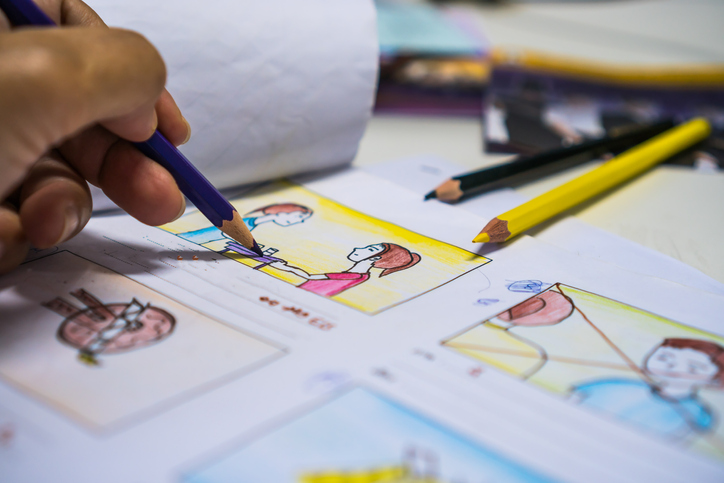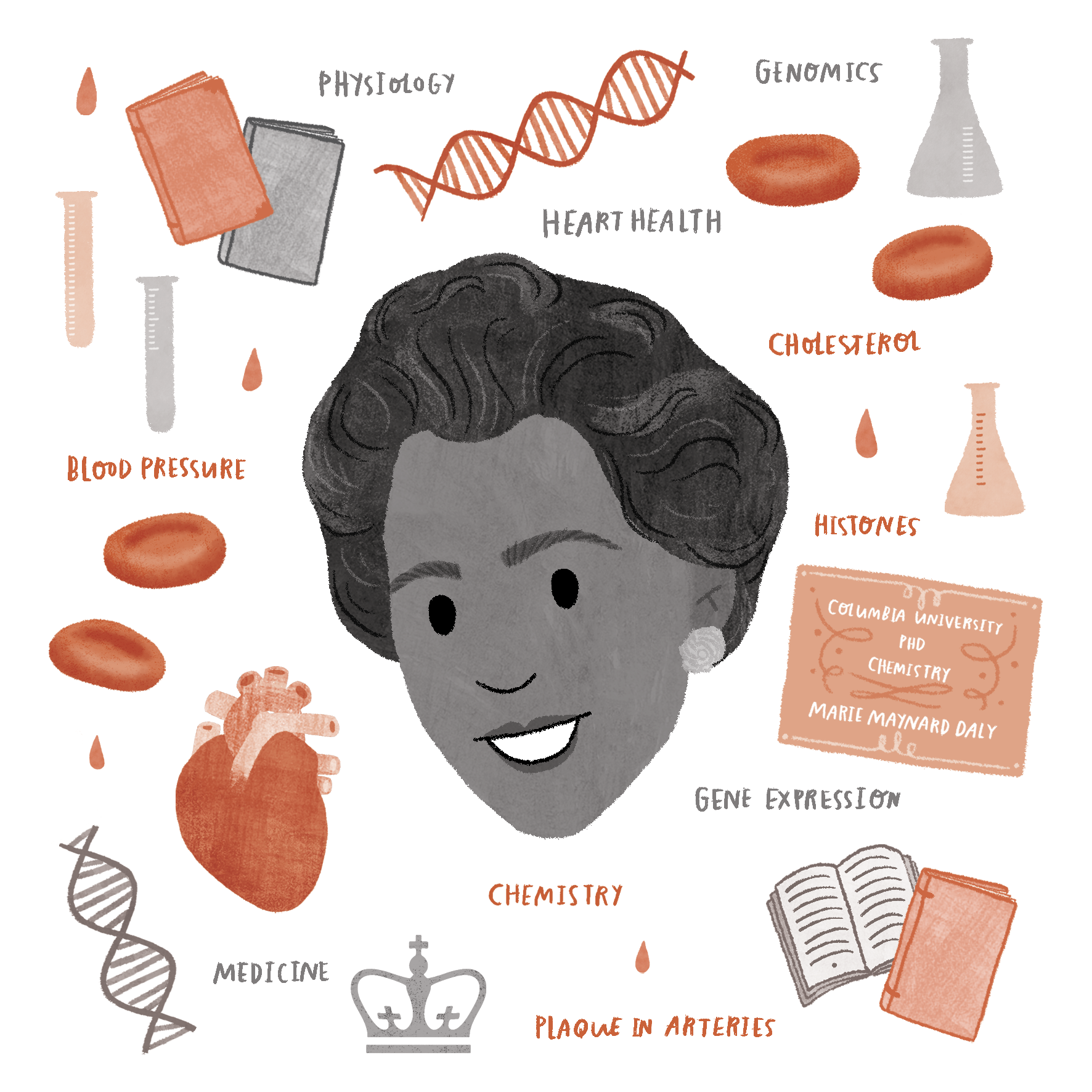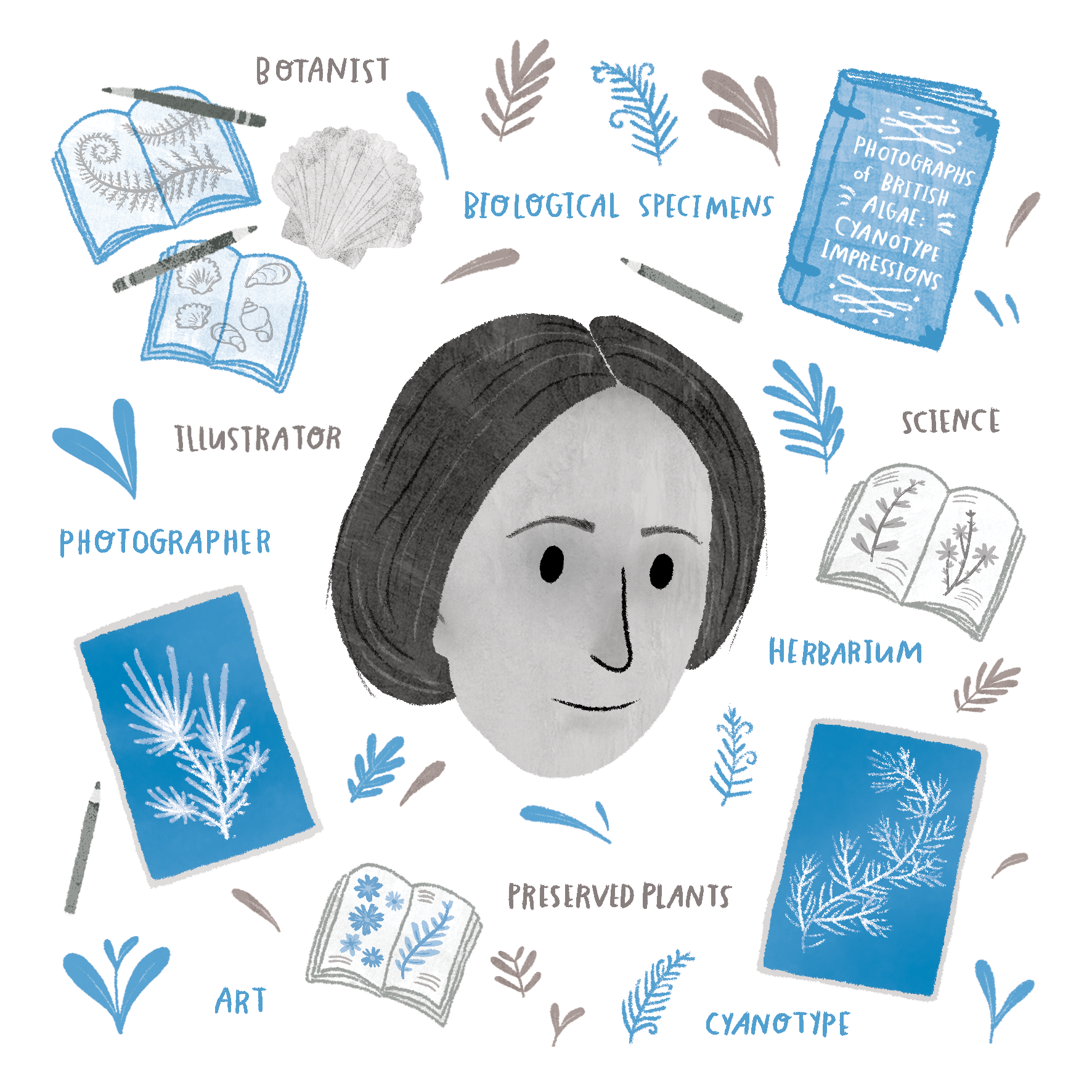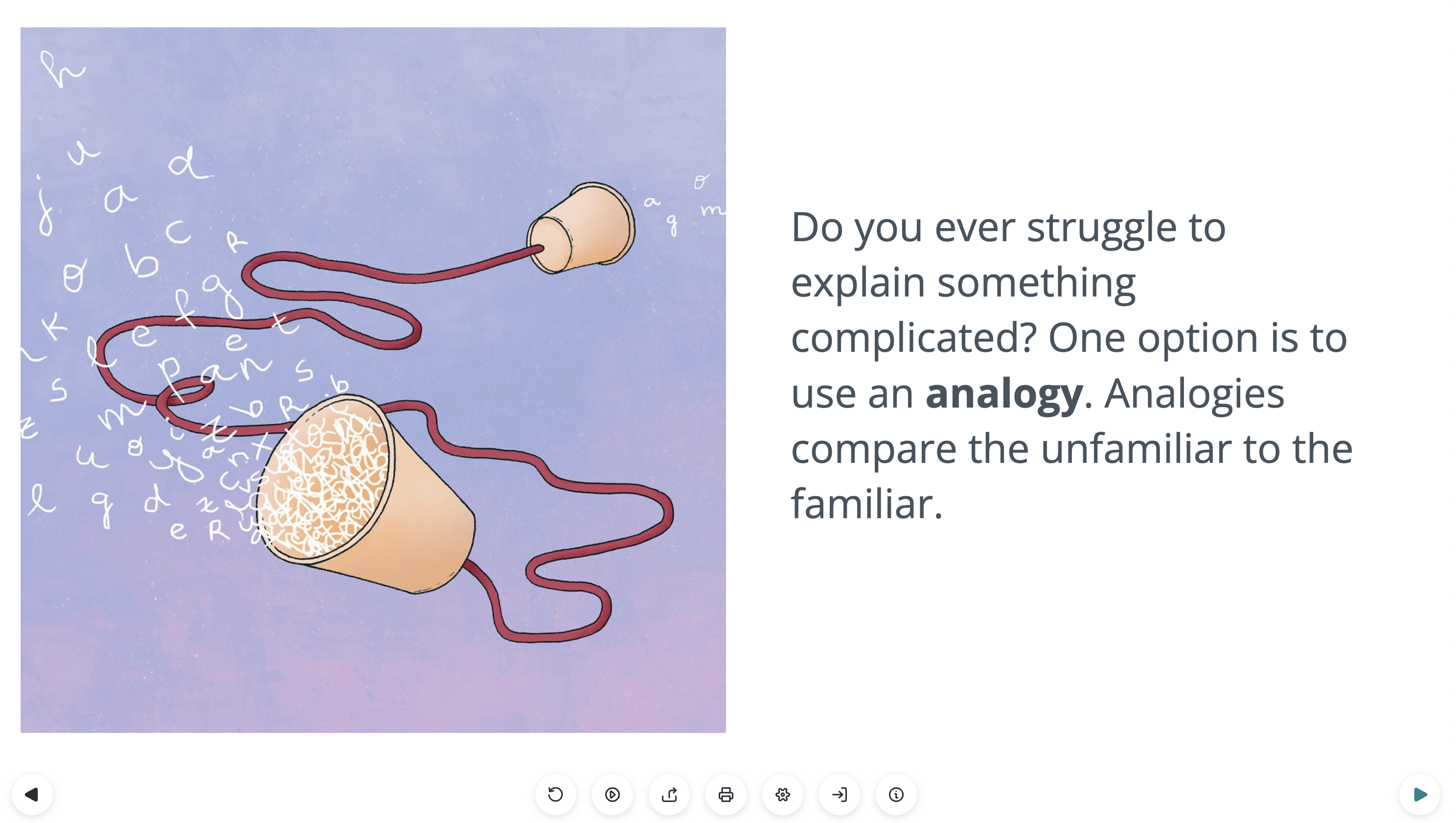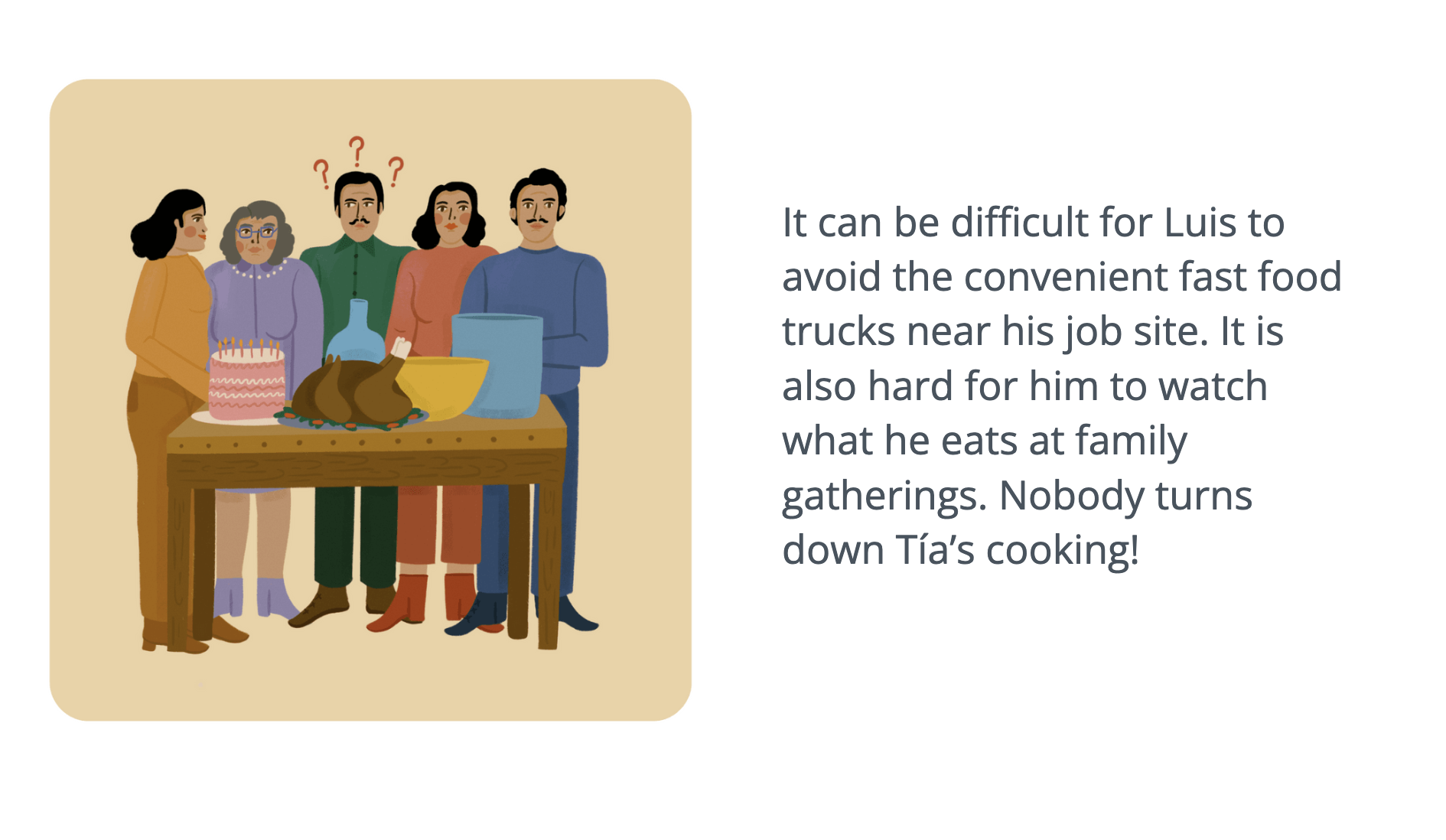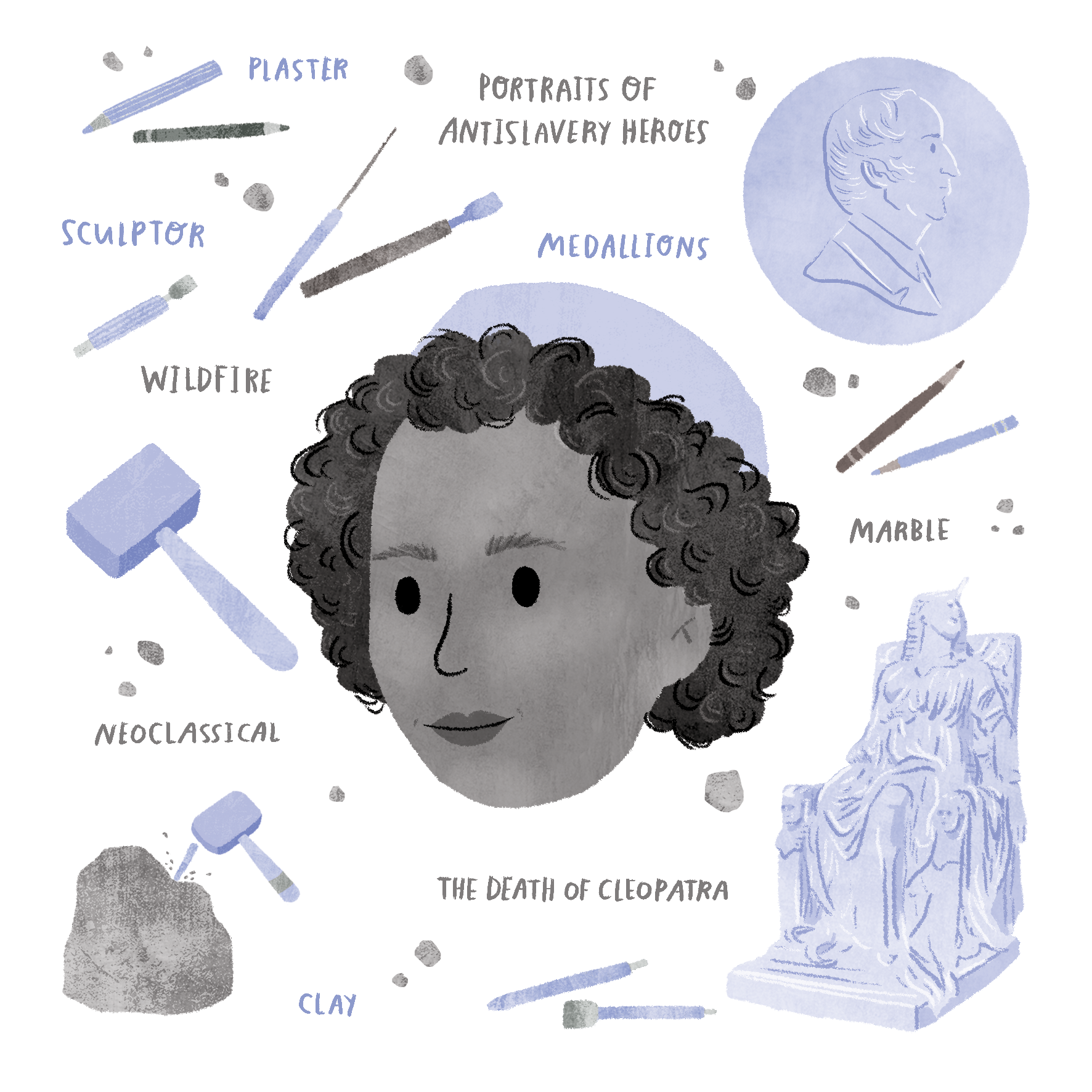
People in STEAM (science, tech, engineering, arts, and math) are blazing trails—both people from history and in the world today. We want more people to know about these people and their excellent but often under-promoted work, including children (and adults!) who might dream of careers in STEAM fields!
That is the goal of our new “living” Historic STEAM Heroes Lifeology card deck!
Each month, we feature a new person from history in this living digital card deck. These people often faced adversity and overcame obstacles to become the STEAM heroes that they are today! Have someone from history that you would like to nominate? Help us curate examples of historic steam heroes from around the world—not just Western culture. You can nominate here.
Keep reading to learn about the woman featured for the month of February!
Kamal Ranadive is featured in our Historic STEAM Heroes course.
Kamal Ranadive was a cell biologist who left a lasting impact on biomedical and cancer research. Today is World Cancer Day, and we celebrate Kamal Ranadive and her contributions to the field. You may have seen her featured in a Google Doodle in November 2021 in celebration of her birthday. Dr. Ranadive, or “Bai” as her colleagues and students called her, fought for equity for women in science and education. Continue reading to learn more about this amazing Historic STEAM Hero.
Kamal Ranadive, Ph.D.
(November 8, 1917, Pune, India to April 11, 2001)
Dr. Kamal Ranadive was born during a time when families in India rarely considered education for their daughters–but not Kamal’s family. Not only did they ensure she received an education, but they also ensured she received a quality one. Kamal excelled academically graduating from a prestigious high school. Kamal’s family encouraged her to pursue an education in medicine, but she was more interested in biology.
Kamal pursued a degree in botany and zoology at Fergusson College in Pune, India. After, she attended Agriculture College in Pune, India to work on her master’s degree. She focused on cytogenetics. It is no surprise that after her marriage to J.T. Ranadive–a mathematician–and her move to Bombay (now Mumbai), Kamal pursued a doctoral degree in cytology (the study of cells).
While at Bombay University, Kamal worked under the guidance of a renowned pathologist who later founded the Indian Cancer Research Centre (ICRC). After receiving her doctoral degree, Kamal completed a postdoctoral research fellowship working on tissue culture techniques at Johns Hopkins University in Baltimore, U.S. before moving back to India. She rejoined the ICRC as a Senior Research Officer, bringing some impactful knowledge back with her. She started the first tissue culture laboratory in all of India right there at the ICRC. From 1966 to 1970, she was the acting director of the ICRC.
With more than 200 published research papers to her name, Dr. Ranadive was one of the first researchers in India to recognize the connection between breast cancer and heredity. Her work helped increase knowledge about the causes of breast cancer, leukemia and esophageal cancer. She also helped establish the link between cancers and certain viruses. Beyond her contributions to cancer research, she also contributed to the advancement of the leprosy vaccine with her work on the bacterium that causes the disease.
Dr. Ranadive was the recipient of several awards including the Padma Bhushan in medicine and G. J. Watumull Foundation Prize in microbiology, and she was the first recipient of the Silver Jubilee Research award.
Not Just a Scientist
Beyond her contributions to science, Dr. Ranadive was committed to increasing equity in science and education, especially making science more accessible to women. She was also committed to helping women and children, which she continued to do even after retiring.
Dr. Ranadive was supportive of the students she mentored as well as others she crossed paths with. She often encouraged people, especially others from India, to take their education and return to their countries to make a difference there. She was a founding member of the Indian Women Scientist Association (IWSA) further demonstrating her commitment to making science more accessible for women by making a place for like-minded women scientists to change societal norms.
After her retirement, Ranadive worked with voluntary organizations and on government-sponsored projects to help women and children. With an organization called Satya Niketan, Ranadive collected nutrition-related data on tribal children in Akola taluka of Ahmednagar, Maharashtra. Similarly, she helped increase awareness about nutrition and medical care and helped train medical professionals in rural and tribal communities in Rajpur and Ahmednagar. Although Dr. Ranadive didn’t pursue medical education in the traditional sense as her father had hoped, she most definitely left a lasting impact on medical research as well as the health and wellness of those lives she touched in her voluntary positions.

